Audi, BMW and Mercedes-Benz dominated the premium market again in 2021, accounting for 56% of global premium market sales and 20% of the total new car market in the UK.
Beyond the German trio, market analysis company Jato Dynamics lists 27 other car brands trying to match their success, including Lexus and Genesis.

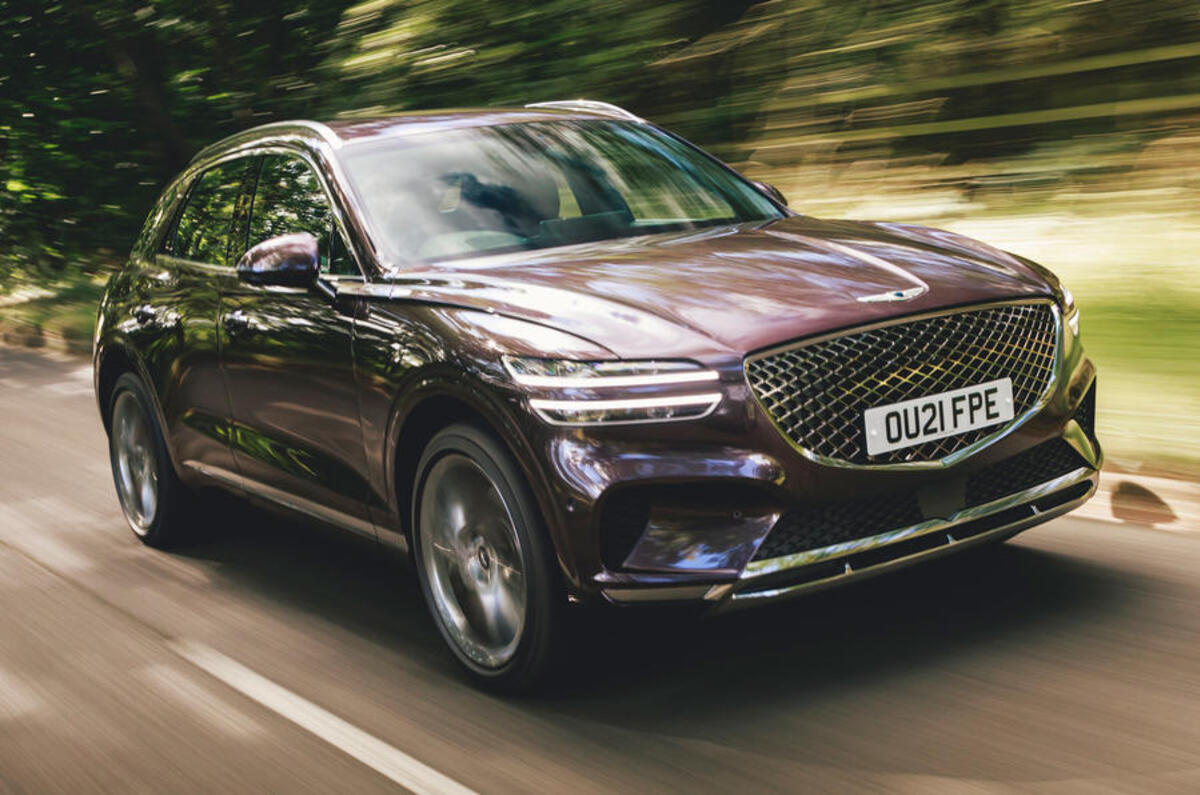
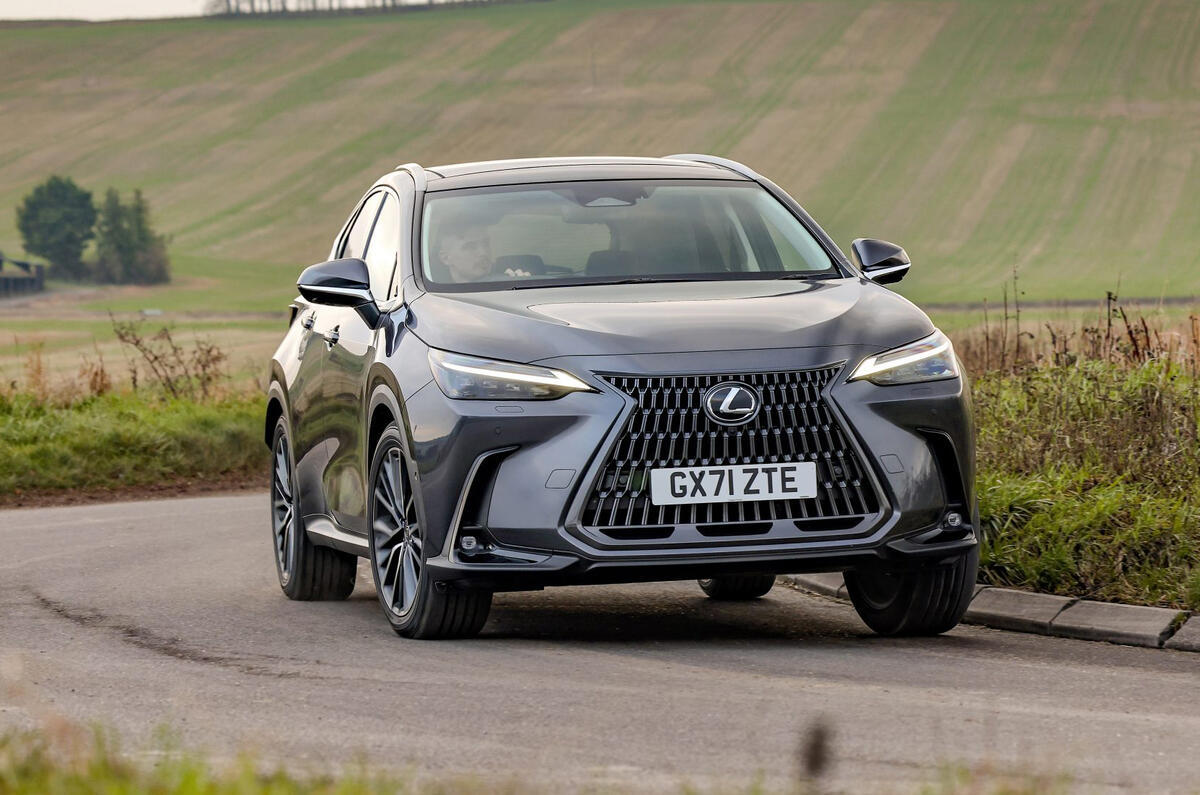
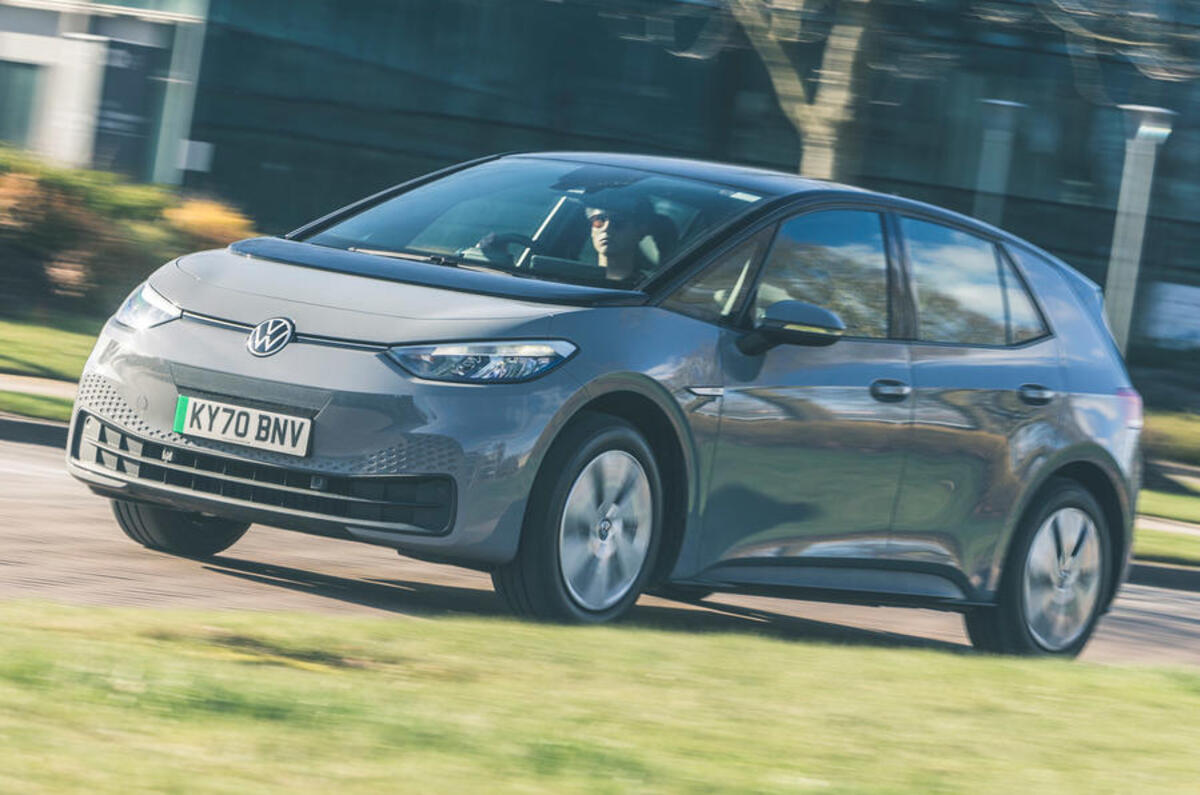
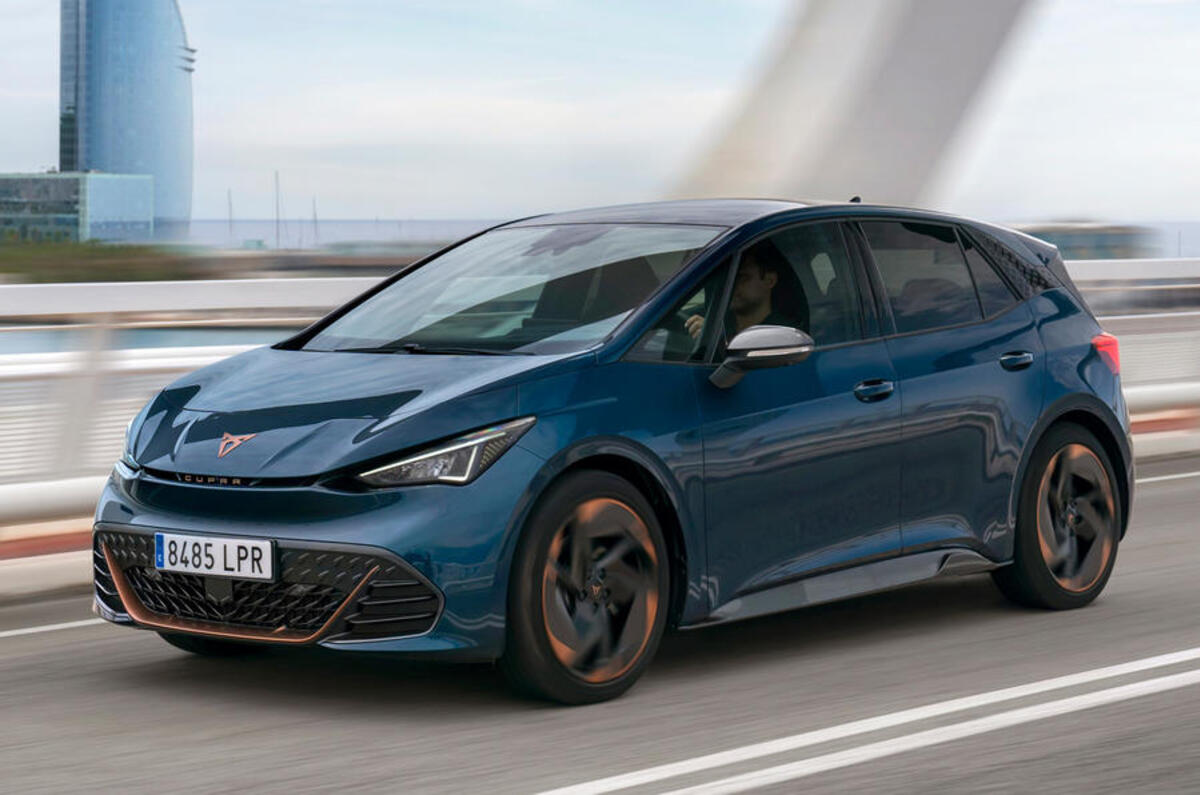
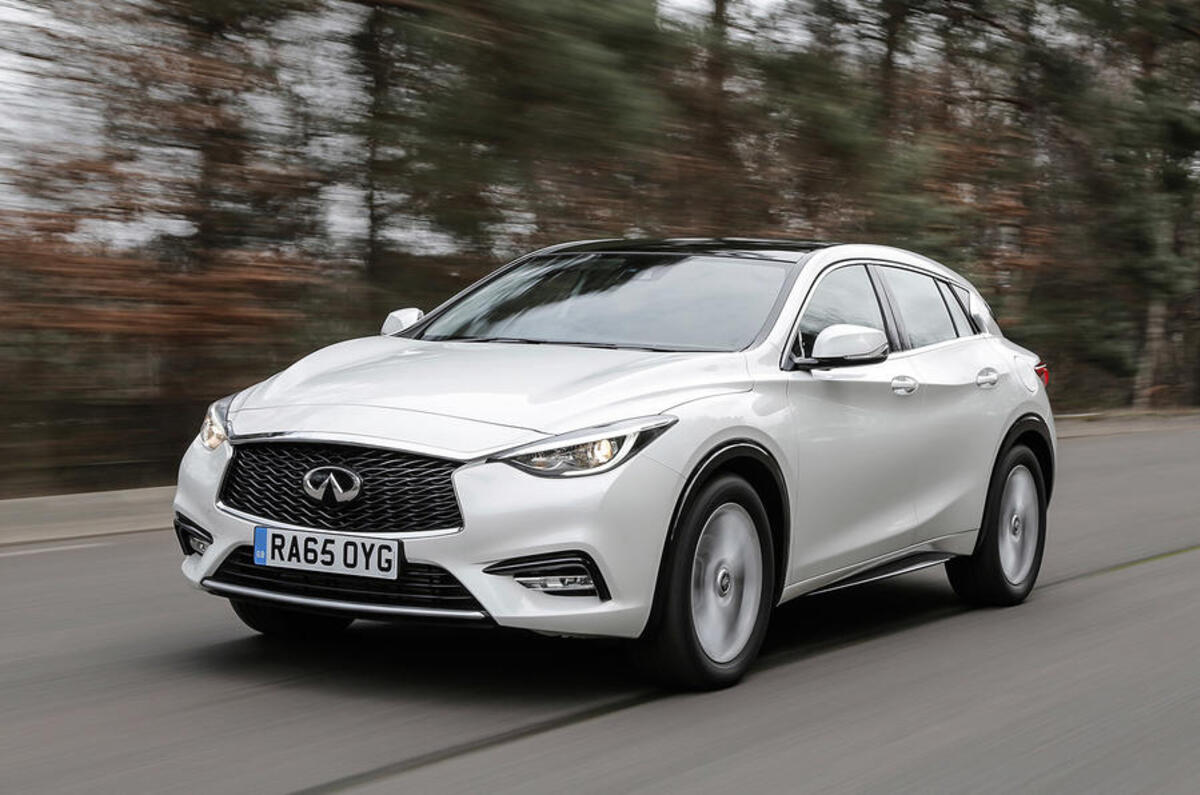
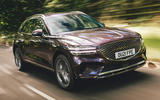
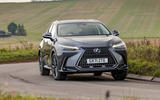
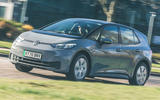
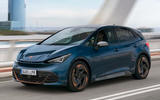
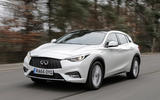


Join the debate
Add your comment
Hyundai do have high ambitions for Genesis and they have the deep pockets to take the long view,to them the UK is a very minor market but Europe could well be more receptive to their cars. Stellantis has a different problem too many "premium brands",it's got Alfa Romeo, DS ,Lancia & Maserati Surely as Lancia has been run down to one model,DS has not been a great success plus the latest DS9 is only built in China, is it time for these model ranges to be culled '